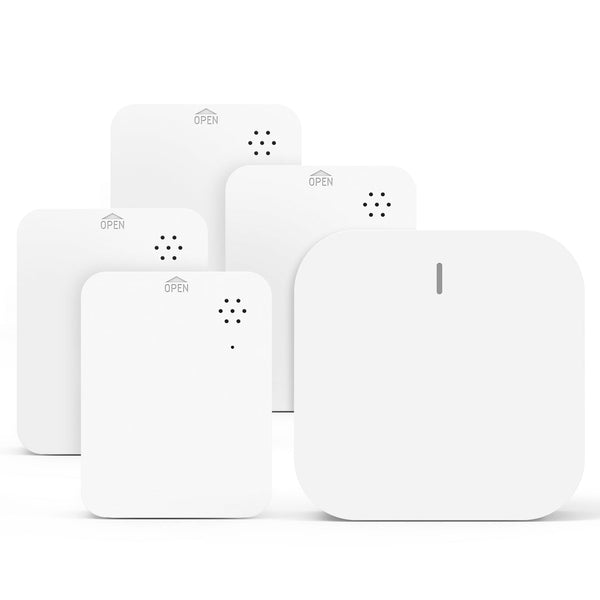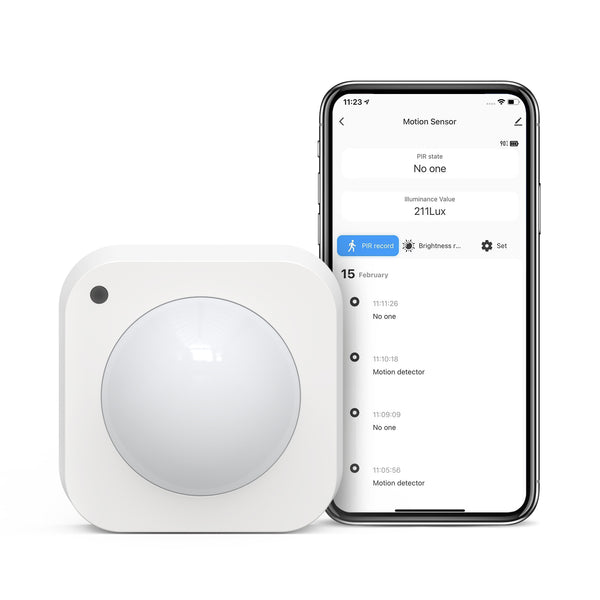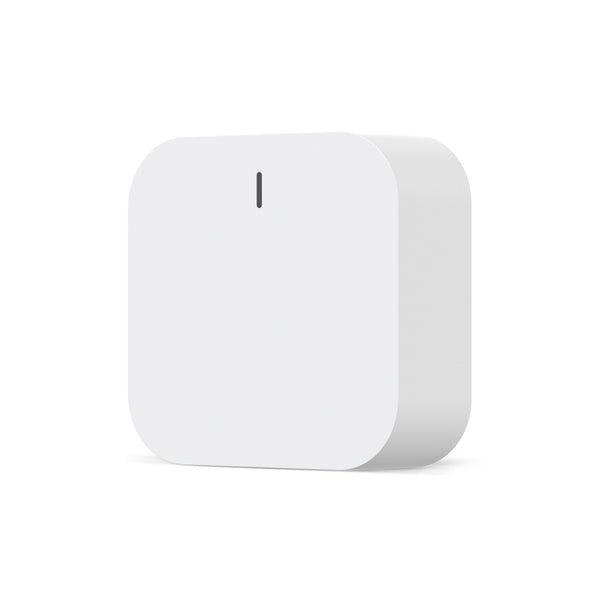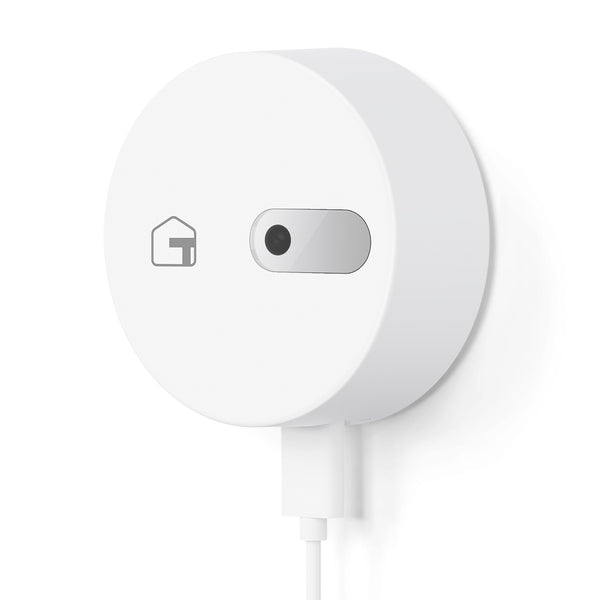Smart Sensors and Hub
Smart sensor - what is it, and what is it used for?
A smart sensor is a device that can detect, measure and process various data from the environment in real-time. It collects information about its environment and transmits it to control systems that make decisions based on it. In this way, the device makes it possible to monitor parameters such as temperature, humidity, pressure, vibration, or motion, as well as detect objects or substances in the environment. Smart sensors are used in many fields, such as industry, medicine, agriculture, construction, and automotive. They can also be successfully used in homes as smart door sensor, smart window sensor, or smart water leak detector.
Types of smart sensor kits in home
Various types of smart sensor kits can be used in a home environment, some of which are:
Smart Home Security Sensor Hubs
These kits include sensors that detect motion, door/window openings, and other security-related events.
Smart Thermostat Sensor Kits
These include sensors that can measure temperature and humidity, and can be used to control the home's heating and cooh3ng system.
Smart Lighting Sensor Hubs
They include smart sensors that can detect motion or the level of ambient light and can be used to automate lighting based on occupancy or natural light levels.
Smart Energy Managemeh3nt Sensor Kits
These smart hubs include intelligent sensors that can measure the energy consumption of appliances or circuits. As a result, they can be used to optimize energy usage and save money on electricity bills.
Smart Water Management Sensor Hubs
Such devices include smart sensors that can detect leaks or measure water consumption. In this way, uncontrolled water leaks can be prevented and water consumption reduced.
How to choose a smart sensor?
Whether you choose a smart door sensor, smart window sensor, or smart water leak detector, there are several key factors to consider. The most important of these are:
Sensor Type
Determine the type of smart sensor that will best suit your needs. For example, choose a door or window sensor if you need to increase safety. If you are worried about water leaks in your home - choose a smart water leak detector.
Compatibility
Check if the smart sensor is compatible with the device or platform you plan to use it with. For instance, if you plan to integrate the sensor with your intelligent home system, ensure it is compatible with your specific smart home platform.
Power Source
Determine the power source of the smart sensor. Some of them use batteries, while others require a wired power source. Choose a sensor that fits your preferred power source and installation location.
Range
Consider the range of the smart sensor. Ensure that it can cover the distance you need and transmit data reliably to your device or platform. By considering these factors, you can choose a smart sensor that will best suit your specific needs and requirements – whether it is a smart door sensor, smart window sensor, or smart water leak detector. Please remember that Treatlife's experienced consultants are always here to provide professional home automation support. Contact us if you need help choosing smart sensors and other intelligent solutions for your home.
Check also: smart lightning.






